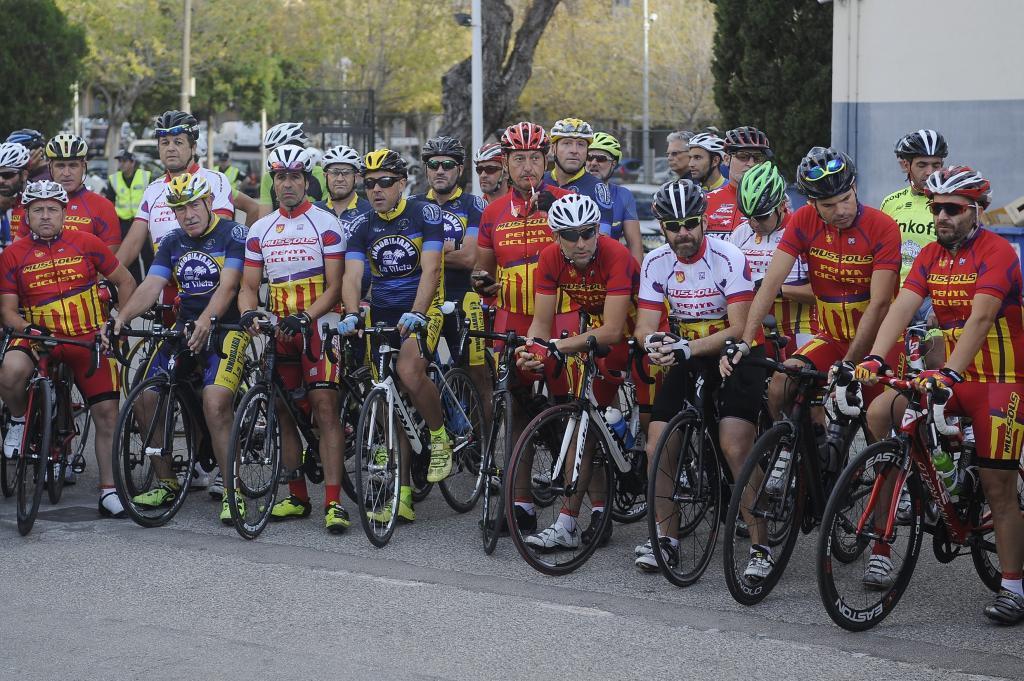Against this background came the news that tourist tax revenue is to be spent on water infrastructure. Ahead of the formal announcement by the committee which decides how revenue is to be spent, we reported that water was to be a "purpose" and that 30 million euros (to be drawn from this year's revenue) would be allocated.
Improvements to the infrastructure can't come soon enough. How beneficial even these might be if rainfall continues over time to be as low as it has been will remain to be seen. And it wasn't entirely clear (whenever is it?) what these improvements might be. Tourism minister Biel Barceló suggested that there would be no investment in "new infrastructures". Were we to assume that there will not be more desalination plants? They obviously come at a cost and imply a higher cost for the consumer as well.
In Palma, where the possibility of higher water rates had been flagged a couple of months previously, the Emaya agency announced that there will be increased rates. These will only apply to high consumers of water, however. Palma, officially on drought alert, decided last week to turn off the tap for beach showers. Calvia, also on drought alert, followed suit.
Still saturated
Palma's mayor, José Hila, made a belated statement about so-called tourist saturation. He believed that there wasn't saturation. In Augusts of the past, he said, there have been similar situations with regard to the number of visitors as there are now. We observed that his comments were probably political. While he had been on holiday in August, Aurora Jhardi from Som Palma (in effect Podemos) had stood in for him and had issued her own statement: one quite different to Hila's. Differences on the "saturation" issue exist between the parties in Palma and in the regional government. PSOE, Hila's party, have been seeking to downplay the issue and to allay fears.
Jaume Matas
The former Balearic president, Jaume Matas, faces various corruption charges. We learned last week that he may well avoid prison for mostly all of them. Under a deal with the anti-corruption prosecution service, he is prepared to "spill the beans" in court. The Son Espases Hospital affair is at the heart of this deal. It involves allegations of illegal funding of the Partido Popular (of which Matas was a member) and of a plan to rig the contract for the hospital's construction having come from the top of the party in Madrid. Politicians from parties other than the PP weren't overly impressed with the idea that Matas might not enter prison again (he served nine months for what, in the scheme of things, was relatively minor). Under the deal with the prosecution, however, he could still potentially go to prison in respect of the "Nóos" case (the one involving Princess Cristina). The trial for this had finished before the deal was confirmed.
Biel Llull
The week was overshadowed by the death of a Palma policeman, Biel Llull. He was knocked off his bike and killed by a drunk driver - a French woman, who is being held on remand. The level of sympathy for his family was matched by the level of anger. The incident was especially saddening because Biel Llull had been cycling with his young son and because his wife is expecting. Given the tragedy, it was easy to overlook a report that the Council of Majorca is planning on widening cycle lanes on Majorca's roads. Somehow, that news seemed almost irrelevant.


No comments
To be able to write a comment, you have to be registered and logged in
Currently there are no comments.